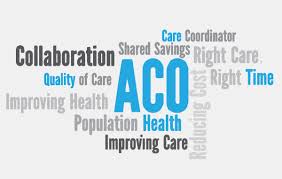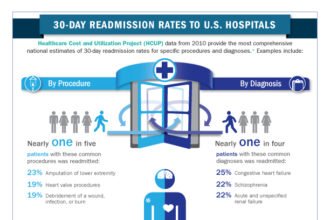As healthcare organizations continue to make the leap to Accountable Care status, post-conversion optimization services will be in demand. Those who made the transition over the last few years will find that 2015 is a great time to start taking a look at how they can optimize their ACO experience.
As healthcare organizations continue to make the leap to Accountable Care status, post-conversion optimization services will be in demand. Those who made the transition over the last few years will find that 2015 is a great time to start taking a look at how they can optimize their ACO experience.
ACO — Post-Conversion Optimization
- Alignment of Organizational Objectives — Establish goals at each operational level and uncover the ways in which they are interdependent. Take it from there in terms of strategizing across departmental lines. Figure out how your organization comes together to pursue a common goal.
- Clinical, Financial, and Quality Improvement Initiatives — Be honest about what isn’t working in your organization and pledge to improve it. Invest in making your organization run more smoothly from top to bottom. Not just a financial investment, but one of time. Train and retrain your staff. Educate constantly. Always ask yourself “Could this be better?”
- Review of Risk Strategies and Contracts—Understand what your organization has on the line fiscally and take steps to preserve the integrity of your financial contracts. Create compassionate alliances with other organizations and acknowledge that carrying a hefty financial burden is more bearable spread across the backs of many.
- Financial Performance Assessment and Optimization Plans—Know where your money is going and challenge the allocation of funds. Financial priorities are fluid, not set in stone. Your financial roadmap might not be the same as last year. In fact, unless it worked flawlessly, it should be updated.
- Data and Reporting: Capture critical reporting metrics, and internal KPIs that inform change and clarify opportunities. Make the most of the mountain of data healthcare organizations are inundated with in the age of the EMR.
- Value Based Service Alignment: As Value-Based purchasing continues to take hold, displacing the former fee-for-service model, preparing for the transition and aligning your services accordingly will improve your optimization.
MCO — Post-Conversion Optimization
Likewise, if you’ve made the switch to Managed Care, there are steps you can take after the conversion is complete to make the most of your new status.
- Provision of URAC Accredited IRO Services—Finding the right independent reviewer for your post-conversion plan is essentially, and you’ll want to start the process before you begin implementing the transition. Define your needs early, check your organizational alignment often.
- Accreditation Maintenance – Set guidelines, benchmarks, KPIs and find a reliable and consistent way to monitor and support them. Make the betterment of your organization everyone’s priority.
- Clinical Improvements – Implement clinical guidelines for Care Management staff and train —and retrain—at least annually. Know when quality markers have been met and when they haven’t been. Celebrate your successes in achieving clinical benchmarks but remain aware, even vigilant, about the areas of weakness and vulnerability in your clinical operations.
- Care Coordination – Integrated case management will help you to keep the lines of communication open and identify potential problem areas. It’s also prudent to make patient care a priority, since pay for services is now becoming inextricably linked with patient satisfaction.
- Financial Sustainability – Understand without a shadow of a doubt your workflow, and analyze it with a focus on efficiency. Deal with claims, grievances and appeals in a timely fashion. Know your rights and exercise them when you are confronted with claim denials.
- Managed Care Reporting – Use last year’s data and reporting to get a sense of your budget for the year ahead. You worked hard to collect all that data, so put it to good use in predicting your financial health for the coming year. On an ongoing basis you can also use it to assure you’re in compliance with your pre-established budget and goals.
- Executive Coaching – Provide coaching, continuing education and mentorship for your executive team and hold them accountable for staying on top of their leadership training. Part of being an effective leader is setting an example: if the administration is dedicated to improvement it will trickle down to each and every department, clinical and otherwise.
Accountable care, and managed care, have certainly made some important strides, but in order for them to succeed we need to change the way healthcare providers practice medicine. Accountable care needs to be framed as accountable medicine – because the only way for the changes proposed by the ACA to take full effect and become sustainable, long term practices is to start at the source and change the way that we practice medicine.











